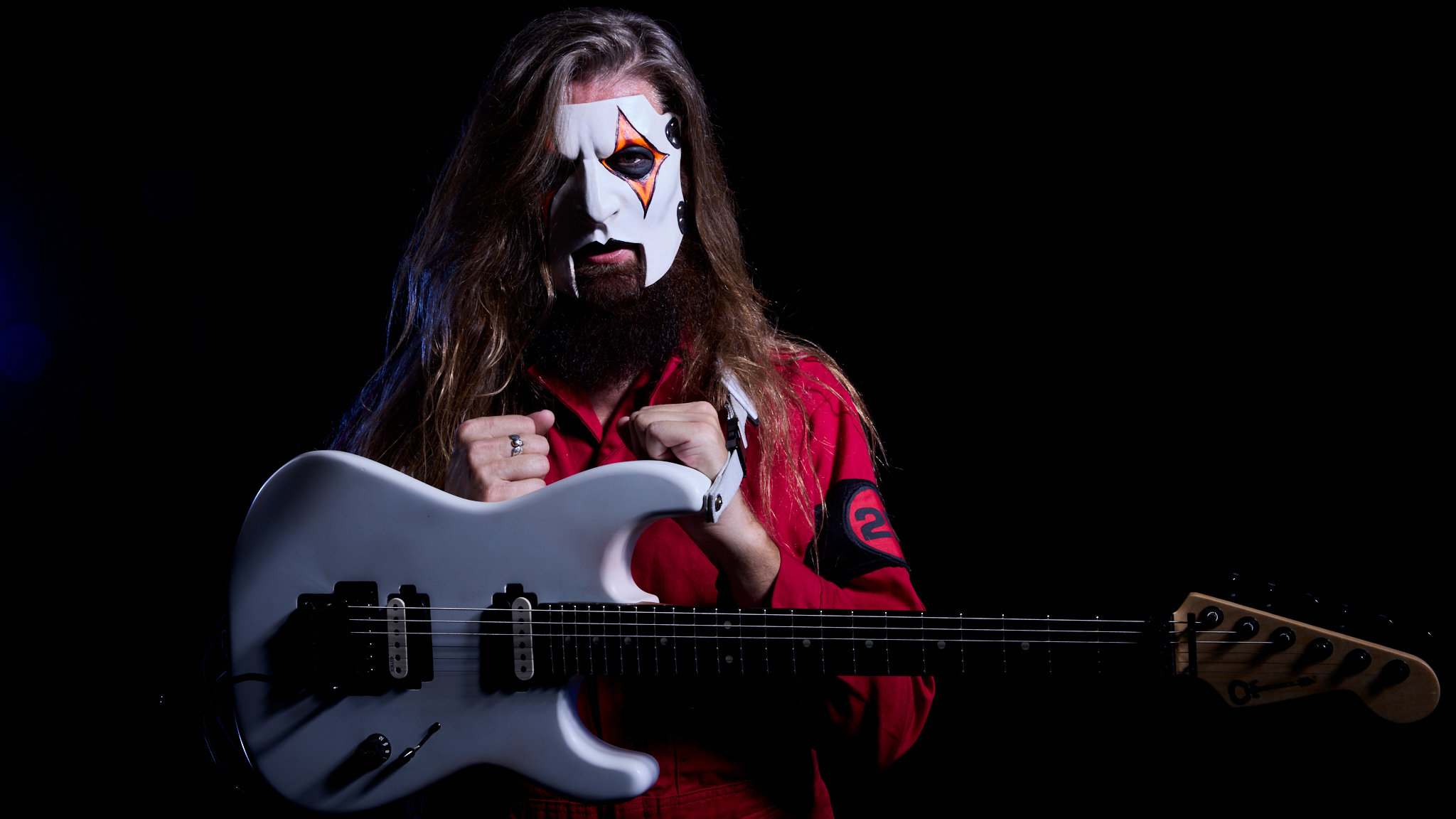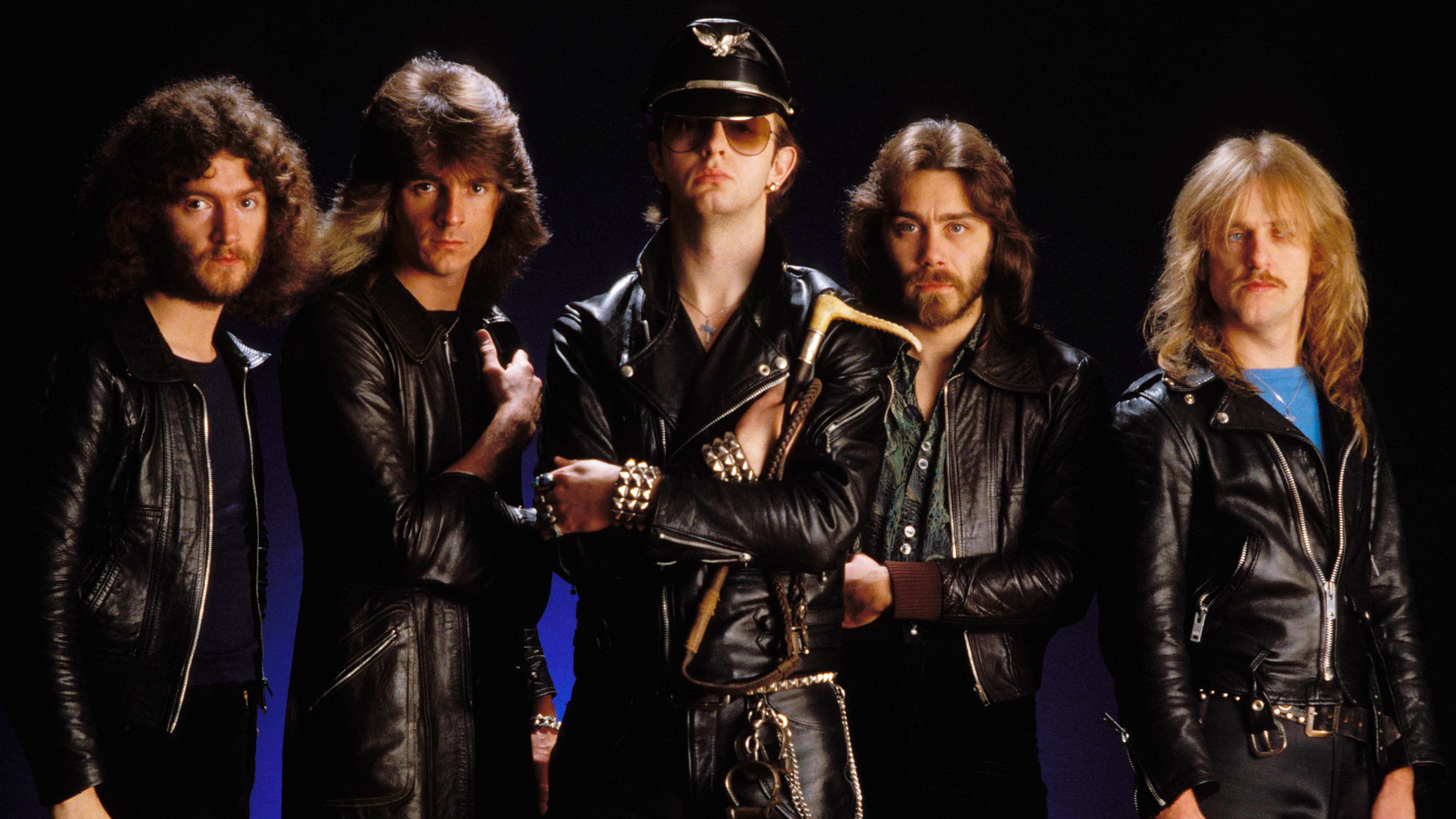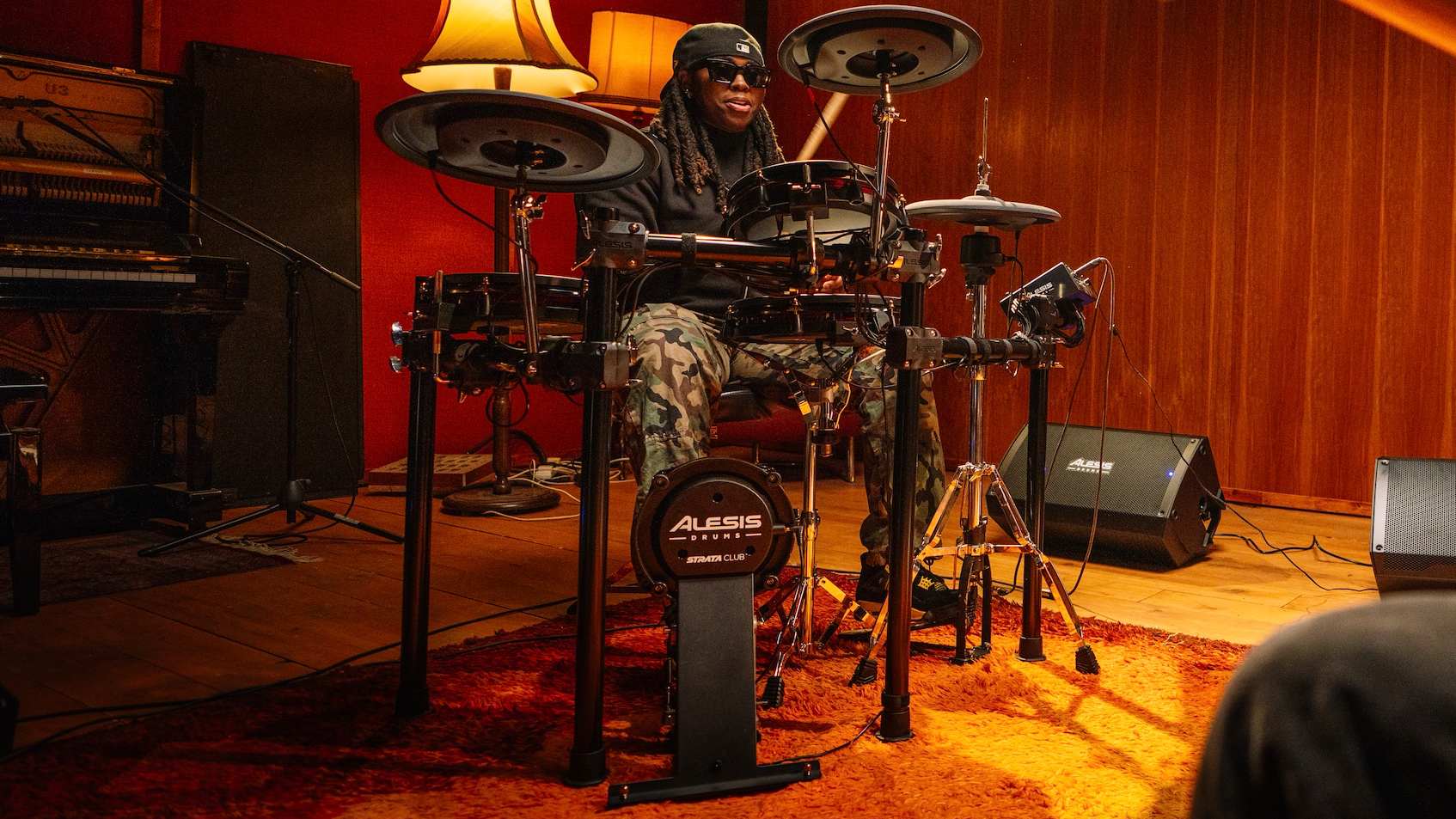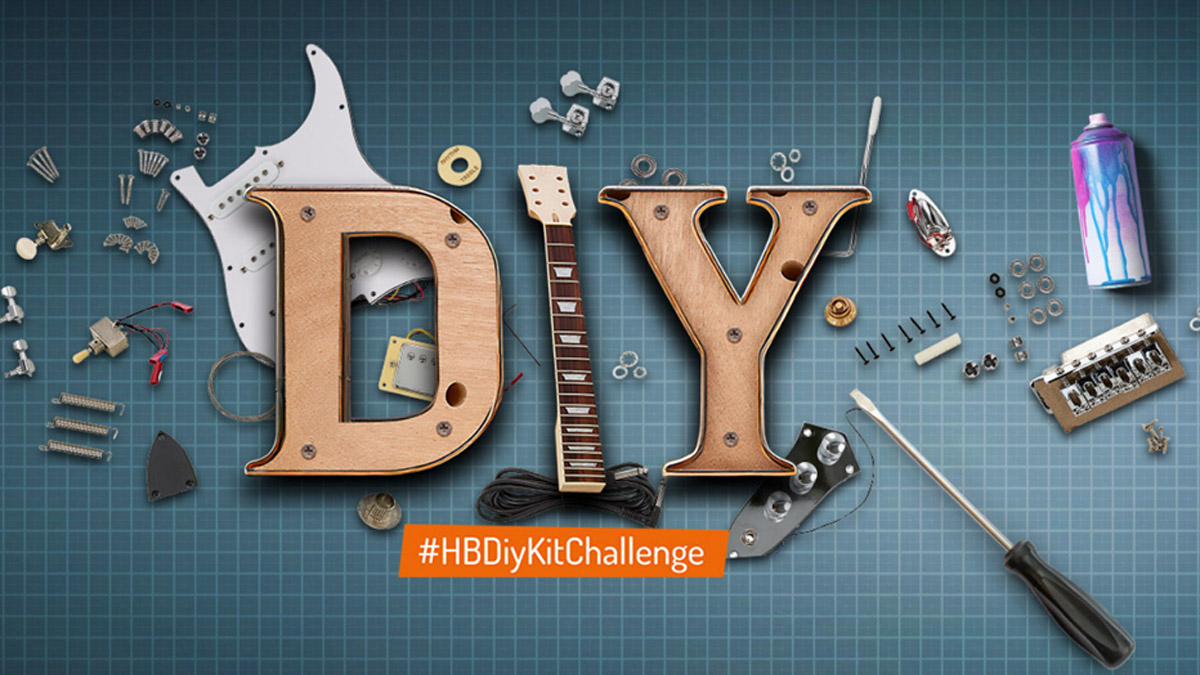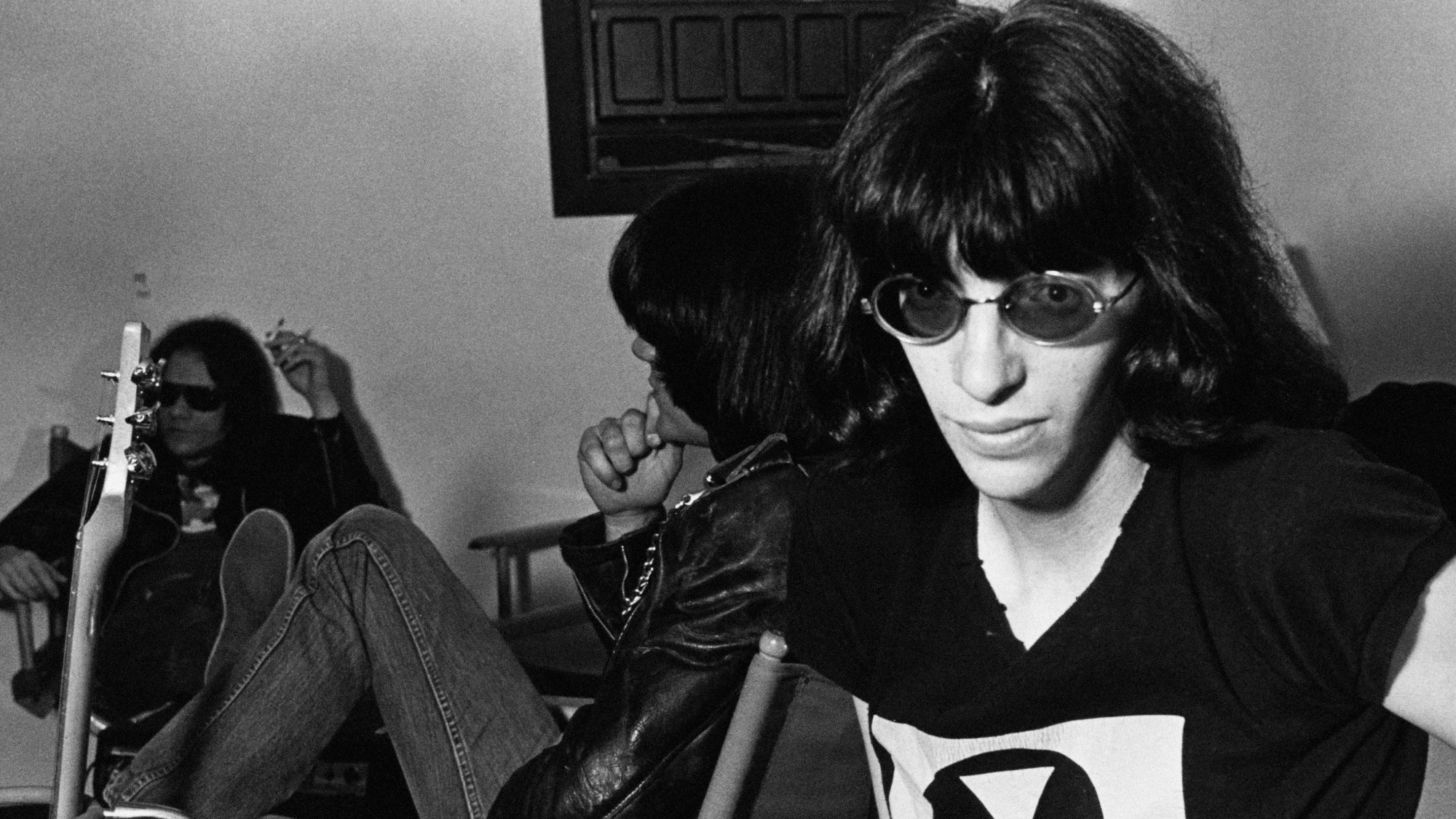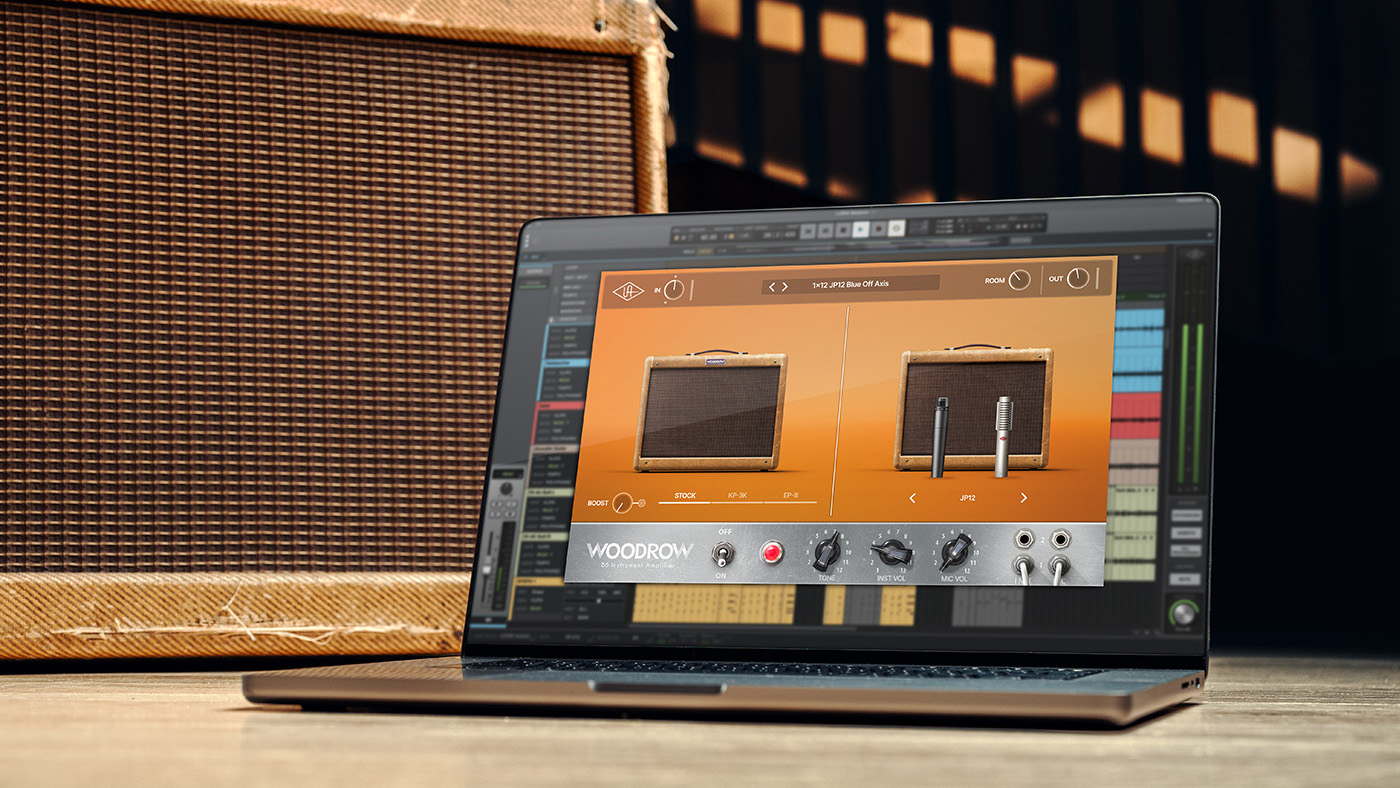Charlie Cunningham: “I know what is needed now, what I need to do with the guitar in that moment, in a song”
Second album Permanent Way finds the UK singer-songwriter making bold new steps
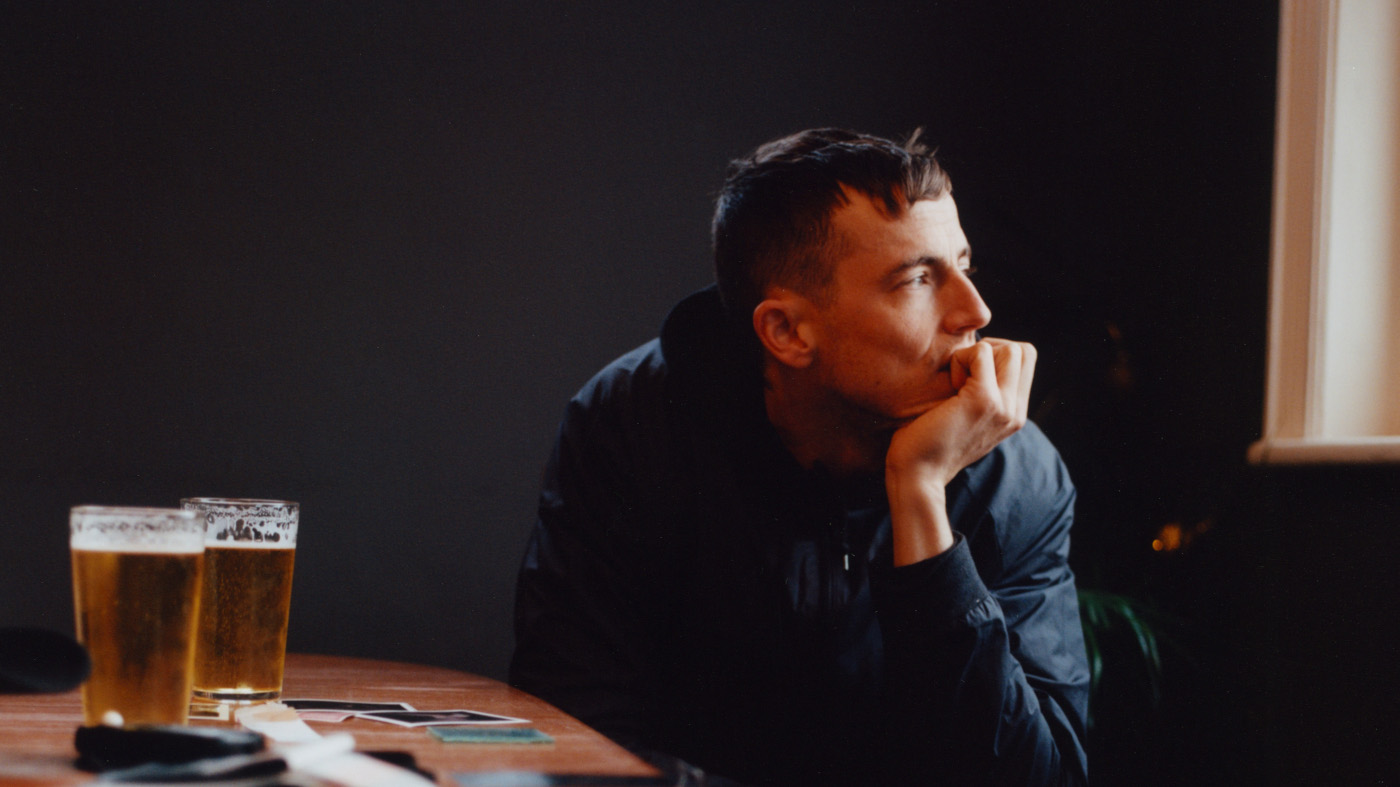
It is the sound that gets you first with Charlie Cunningham. The London-based songwriter’s 2017 debut Lines combined opposing worlds in its blend of balmy nylon-string acoustic, thoughtful lyricism and warm synth swells.
It quietly and confidently established a sound all of its own – one reflective of Charlie’s diverse journey from Squier-wielding punk kid to flamenco student and on to explorer of ambient territory.
“You’ve got to go into these knowing what it is that you want to do,” says Charlie. “You’ve got to be thinking ahead. I definitely made the first record to be kind of stripped, to be about the song, about the guitar and the voice – but that felt like a necessary thing, before I could make a record like I’ve made just now. I feel like I’m going through these steps.”
I wanted it to be able to go to some whole new spaces, some darker spaces
The latest stage of this evolution, Permanent Way – released back in June – is confident enough to take the sound of Lines as its base, yet not make the mistake of chasing the debut. Instead it stretches that definition, adding a full band, new producers, including Rodaidh McDonald (The xx, King Krule, Daughter), and richer arrangements.
“I had been touring Lines for so long that when I got back, I knew I wanted to get more people evolved; I wanted it to be more dynamic,” explains Cunningham. “I wanted it to be able to go to some whole new spaces, some darker spaces. You know [from playing them live so often] that some things just have a bit more meaning to them.”
Despite this creative upheaval, Permanent Way is just as cohesive, nuanced and fully-realised as Lines. The consistency, we guess, ultimately comes from Charlie, in his voice, and in particular, his playing. That sound is still there, in the cycling, mesmerising backbone of each tune, merging in and out of the electronics. A beating analogue heart among the soft-formed beats and beds. Lyrically, too, we note, that introspective, conversational approach is still at the core to his writing.
“I like things that are conversational,” he agrees. “There’s often a really nice rhythm to it. I often notice things that I’ve said to someone jump into songs. Like on Headlights, ‘you don’t even enter my thoughts,’ I heard myself saying once. And when people have conversations, the pacing of it, the flow of it, the intervals, in which people speak. That call and response thing, it’s engaging.”
Get the MusicRadar Newsletter
Want all the hottest music and gear news, reviews, deals, features and more, direct to your inbox? Sign up here.
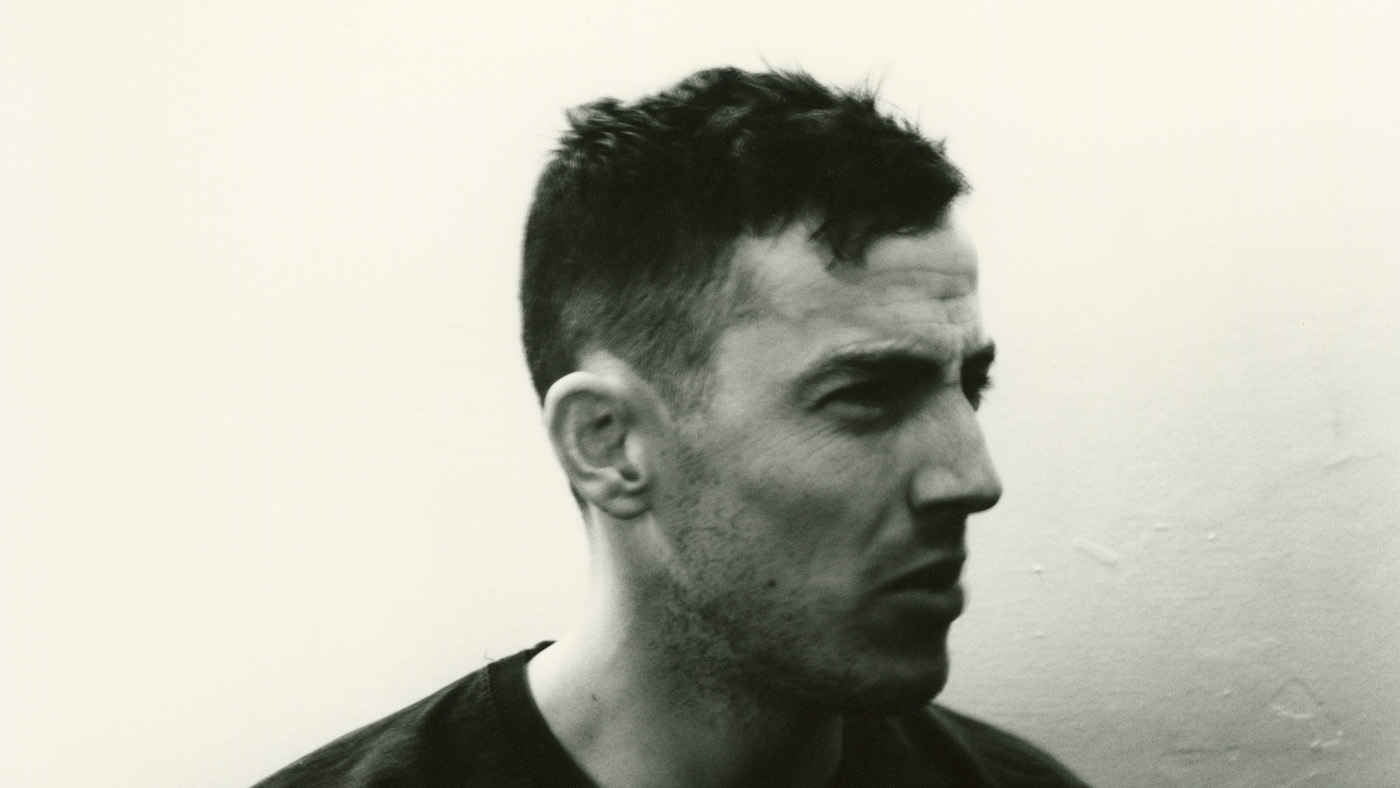
An Englishman in Seville
That basis in rhythm goes back beyond Charlie’s two years’ classical guitar schooling in Seville, but that Spanish ‘golpe’ technique is perhaps the most obvious influence in his playing. On the new record, the one-minute flamenco-formed Interlude (Tango) is a nod to that time, a period in which he also acquired the Antonio Bernal classical that remains his constant companion. As ever, though, there’s more going on. That Bernal acoustic starts off sounding like it’s bouncing off the walls in La Alameda, but soon trails off into a dense reverberating smoke.
I noticed it, when I picked up the electric, on this record. There was a consistency, between me playing the electric, and me playing a nylon
“It’s a very necessary reference, but I can’t call myself a flamenco guitarist,” acknowledges Charlie, when we bring up the flamenco tag. “The way I play guitars, that right hand, a lot of that technique, is very influenced by flamenco guitar players. But the music isn’t flamenco itself.”
Far from it, in fact. Indeed, Cunningham is a player who started on steel-strings and electrics before he even looked at a classical, who has been to see Converge the night before we meet and who, on new track Hundred Times, even dares to rip a blues-y, Jazzmaster solo. We attempt to summarise this dichotomy to the player sat in front of us and we manage only “you have a sound”.
“It’s hard to put your finger on it,” he says. “It’s hard for me to put my finger on it myself. I noticed it, when I picked up the electric, on this record. There was a consistency, between me playing the electric, and me playing a nylon. I didn’t get on there and try and do all ‘the stuff’, but I noticed there were similarities.”
It is - we think, but don’t say - the hallmark of all really great guitar players. That sound that is so clearly their own that it travels with them, wherever they go.
“There’s guitar in every song, but I haven’t needed for that to be, the kind of start, middle and end to it,” summarises Charlie. “I know where it needs to sit now. I know what is needed, what I need to do with the guitar in that moment, in a song. I might not find it straightaway, but I know the little bit, the area - what it needs to do.”
Anchors away
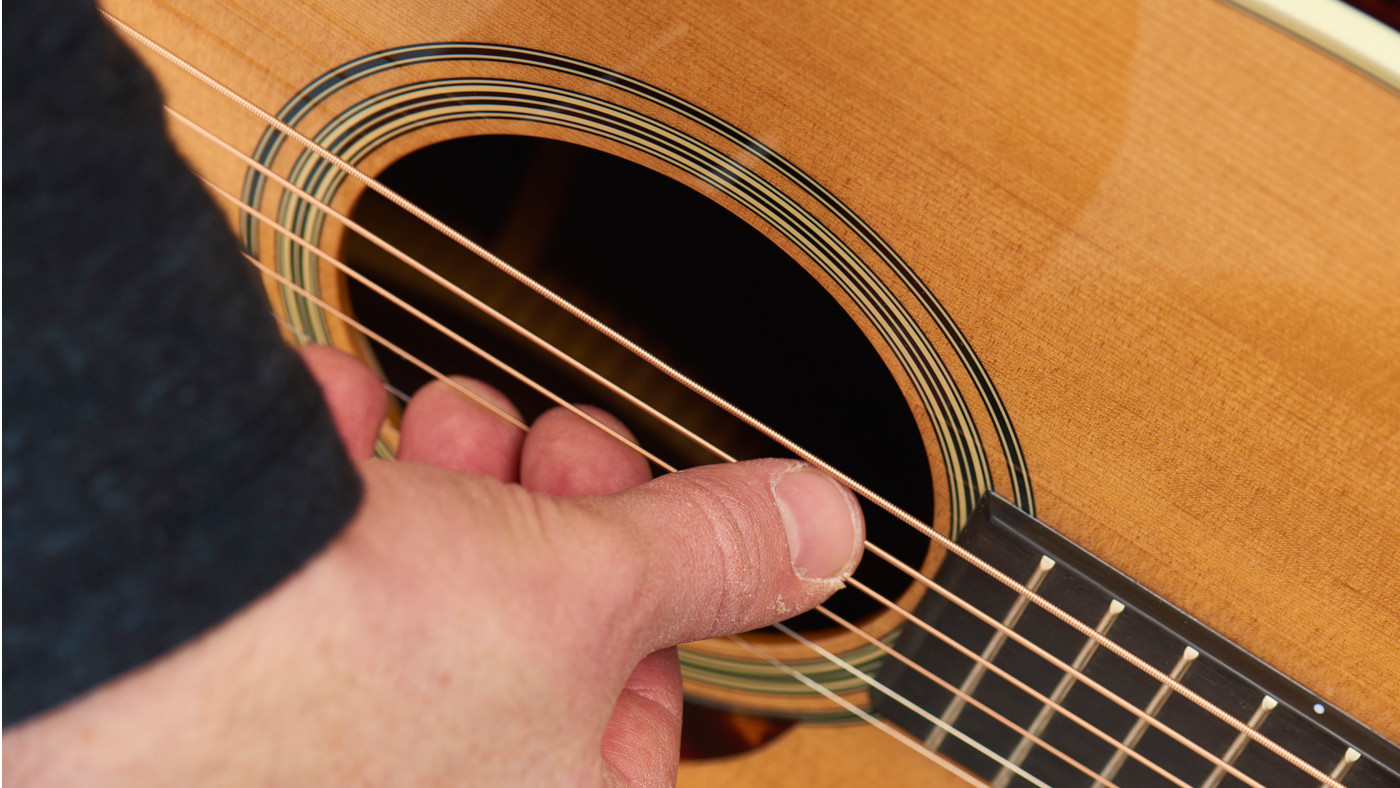
Charlie’s tips for fingerpicking
A common issue in fingerpicking is anchoring your fingers on the soundboard. This is not ideal, as it deadens the vibrations of the wood and impacts your guitar’s projection and tone. Charlie has an answer.
“Often people play,” he says. “And they have ‘the gap’ [between their elbow/upper arm and the guitar], so your fingers go down because all that weight needs to sit on something. Instead, try to sit on top of the guitar [by nesting it in the crook of your elbow, rather than under your armpit]. Then for me, the anchoring, I do it on my thumb. I kind of sit my thumb on that bass E. I occasionally pop my finger down, just for a moment, but it’s like a pause, like you need to take a little breath.”
Matt is a freelance journalist who has spent the last decade interviewing musicians for the likes of Total Guitar, Guitarist, Guitar World, MusicRadar, NME.com, DJ Mag and Electronic Sound. In 2020, he launched CreativeMoney.co.uk, which aims to share the ideas that make creative lifestyles more sustainable. He plays guitar, but should not be allowed near your delay pedals.
“KIKI BOY 2025”: Frank Ocean appears to be teasing something... or other
“Not quite my cup of tea… I feel like I’d hear this on iHeartRadio or something”: Bon Iver’s Justin Vernon takes to the streets of New York to play people his new album… and nobody knows who he is






